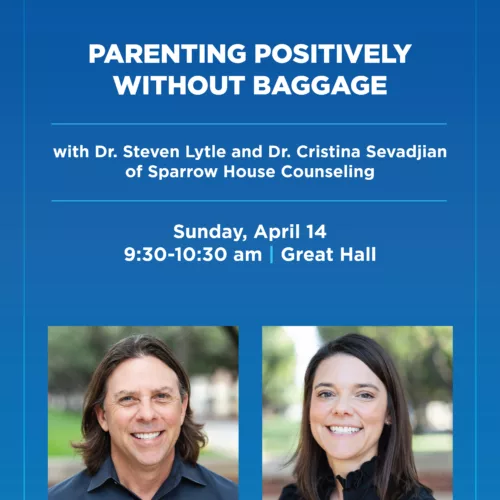Join us to stay connected
Join us to stay connected
As therapists, we recognize that individuals process information differently. To cater to diverse learning styles, we offer various educational materials including articles, podcasts, websites, and more. We also provide speaking resources for different organizations in our community.
Please note that this is not a comprehensive list of resources used by Sparrow House Counseling. Talk to your therapist regarding specific treatment questions and available resources.

Be the first to know about Sparrow House events, news and more!